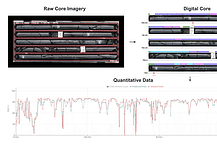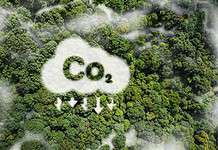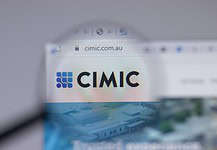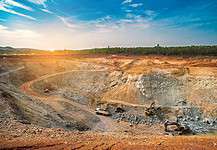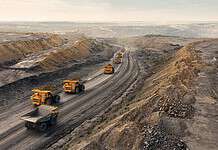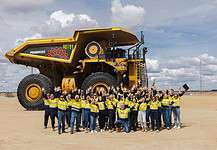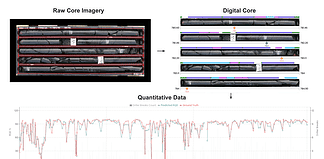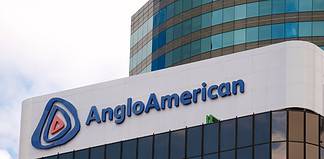The board of Iluka Resources (ASX:ILU) has approved the Eneabba Rare Earths Refinery (Phase 3) development in Western Australia.
The decision followed the achievement of two central milestones associated with the project:
- completion of the feasibility study, demonstrating solid economics and significant potential for growth; and
- agreement of a risk sharing arrangement with the Australian Government, including through a non-recourse loan under the Australian Government’s $2 billion Critical Minerals Facility, administered by Export Finance Australia (EFA).
Phase 3 will deliver a fully integrated refinery for the production of separated rare earth oxides at Eneabba, north of Peth.
The refinery will be capable of processing rare earth feedstocks sourced from both Iluka’s portfolio and from a range of potential third party concentrate suppliers.
Iluka’s close collaboration with the Australian Government reflects the alignment of the company’s commercial objectives for its rare earths business with the Commonwealth’s Critical Minerals Strategy.
Refinery overview
Iluka’s refinery will produce the high value rare earth oxides neodymium, praseodymium, dysprosium and terbium. These are critical inputs across a range of industries and technologies including electric vehicles, sustainable energy, advanced electronics, medical and defence applications. Eneabba is the highest-grade rare earths operation globally. It currently consists of Iluka’s stockpile of the rare earth bearing minerals monazite and xenotime, as well as the company’s Phase 1 (screening) and Phase 2 (concentrating) plant.
Phase 3 will build on this existing operation to deliver a significant downstream infrastructure asset comprising roasting, leaching, purification, solvent extraction and product finishing.
The refinery will be fed initially from the Eneabba stockpile. Potential future sources of feedstock include Iluka’s Wimmera and other deposits and a range of third parties.
Key State and Federal government environmental approvals decisions for the project have been made and Iluka is currently working towards securing further approvals and regulatory requirements.
Refinery parameters
- Total rare earth oxide (TREO) capacity of 17.5 thousand tonnes per annum
- Construction workforce of ~300 people; operational workforce of ~270 people
- Capital cost of $1,000-1,200 million
- Construction to commence in H2 2022, with first production expected in 2025
The Western Australian Chamber of Minerals and Energy (CMEWA) has welcomed Iluka’s decision to move ahead with the construction of the $1.2 billion rare earths refinery.
The CME said the project will create job opportunities for West Australians and help diversify the local economy.
The Federal Government will contribute up to $1.05 to the project’s development through a low-cost loan to build the project, which is expected to produce up to 17,500 tonnes of rare earth oxides a year, with first production due in 2025.
CME chief executive Paul Everingham said Western Australia was known for its abundance of lithium, cobalt and rare earths, which were all helping to transition Australia to a lower carbon economy.
He said Western Australia had the opportunity to become a major supplier of the critical minerals that are needed in smartphones, electric vehicles, solar panels, wind turbines and vital components in military technology.
“In light of the projected strong growth in demand for products utilising rare earths and the focus from the US, the EU and other key markets on sourcing reliable supplies of these critical minerals, WA is in the box seat to continue to emerge as a global supplier of choice.”


